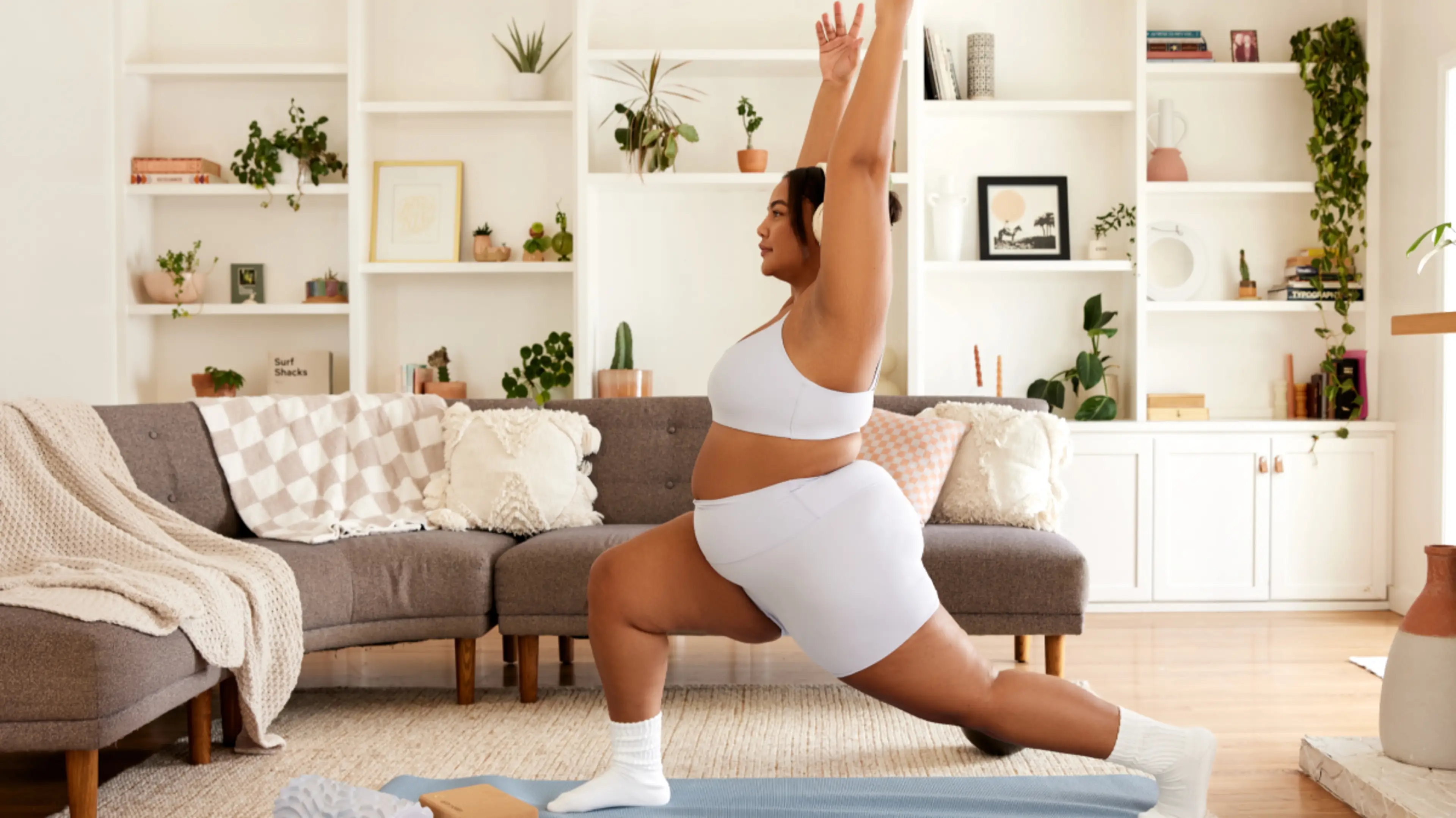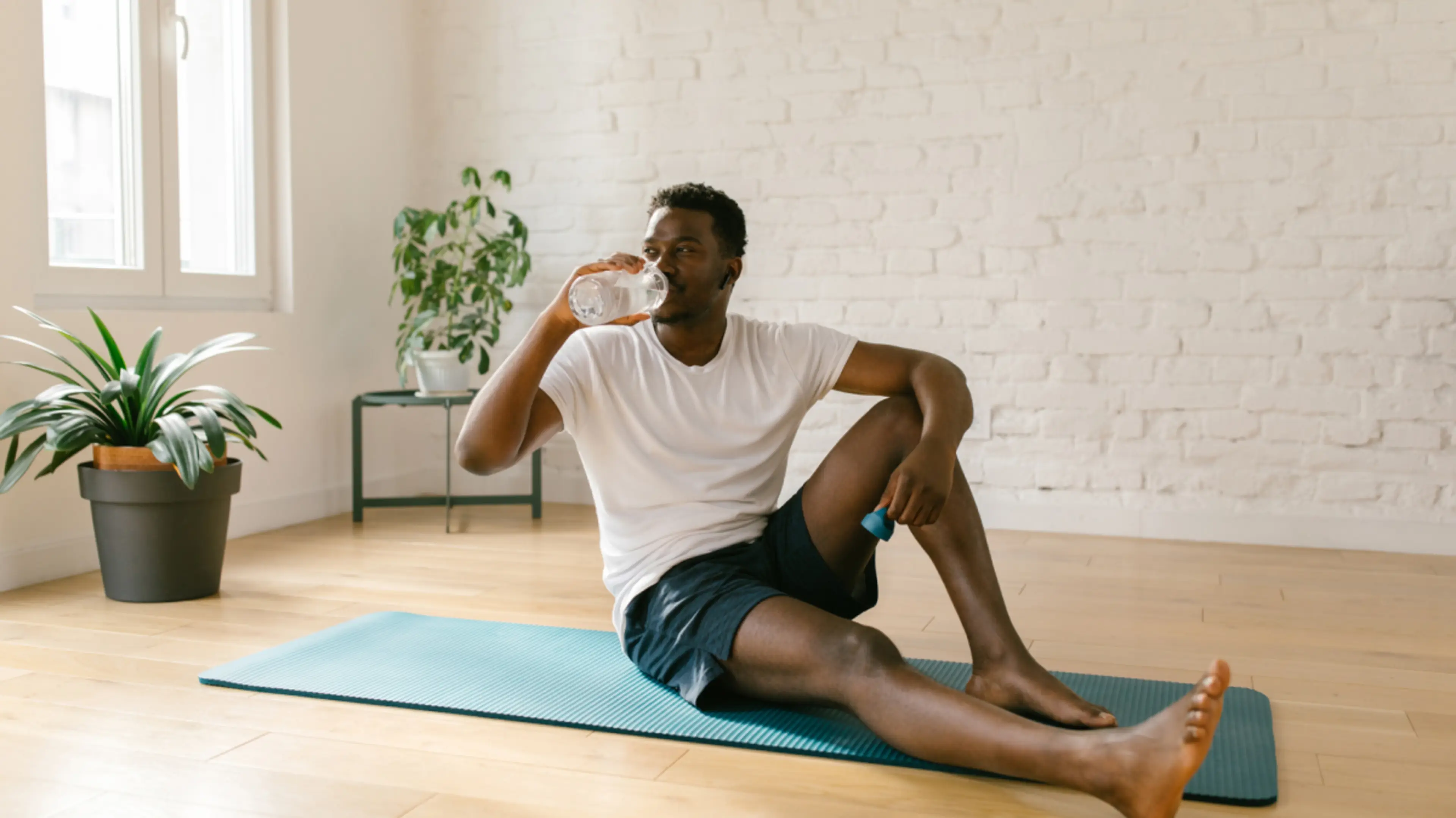Exercise has many benefits when you’re trying to conceive: it can help you get rid of nervous energy during the dreaded two-week wait, increase your bone and muscle strength in preparation for carrying a baby, and, quite frankly, think about something other than ovulation and shots (if you happen to be doing fertility treatments) for an hour or two. Plus, exercise is good for you, right?
When it comes to exercise and fertility, you can have too much of a good thing. Maintaining your normal exercise routine is most likely fine, but it is possible to overdo it. Here’s what to keep in mind about working out when you’re trying to get pregnant, including what is considered excessive exercise and which types of movement to avoid when you’re trying to conceive.
How Exercise Affects Fertility
The key to thinking about exercise and fertility comes down to stress. “Exercise is so valuable for various reasons, such as enhancing cardiovascular health, increasing bone and muscle strength, improving mental health, and helping with weight management,” says Dr. Christy Evans, an ob-gyn at Almond ObGyn. “However, overexertion can lead to undue stress on your body that may impact how your hormones interact with each other.”
There’s more and more evidence that stress negatively affects fertility. “Reducing stress through exercise can actually increase2 the likelihood of getting pregnant,” says Rachel MacPherson, a certified personal trainer who specializes in prenatal and postpartum exercise. “But adding too much physical stress hurts your chances1 .”
So how can you tell if you’re overdoing it rather than finding a healthy balance? The biggest sign that you’re doing too much is if you no longer get your period—and not because you’re pregnant. Irregular cycles and amenorrhea (the lack of a period) can both be signs that your body is struggling. When your body is under too much stress, it begins to shut down functions that are not strictly necessary, like having a baby. So if you are working out a lot and not eating enough calories to refuel, your body can become more focused on keeping you alive rather than bringing a pregnancy into the mix. If you are not getting your period or have irregular periods, consider how your fitness habits may have changed and work with your ob-gyn to figure out the underlying cause.
Note that exercise is important for all parties when trying to conceive, both in terms of maintaining a healthy lifestyle and when thinking about what is considered “too much.” “A lot of women put this all on themselves, but this is important for both individuals,” says Kim Perry, a certified personal trainer who specializes in pre- and postnatal fitness. Dr. Evans advises that in addition to a healthy lifestyle, men should avoid environments with excessive heat like saunas and hot yoga, as high temperatures can negatively impact sperm production.
Exercise dos and don’ts when trying to conceive:
Don’t: Use exercise as punishment Do: Be grateful for your strength
Being physically active while trying to conceive is a great opportunity to exercise compassion for yourself. “I’m being bad by eating this candy bar so I’m going to work out later” is not setting you up for a healthy relationship to exercise—or diet for that matter. Also, forget about high school gym coaches who made you run laps for being late to class. Exercise should never be about punishment or a negative consequence for something.
Instead, working out is a chance to celebrate the amazing things your body can do. “When trying to conceive, especially if it's been difficult or prolonged, working out can provide you with an outlet that focuses on what your body can do for you right now, including how strong you are and how amazing it is that you can increase your skills, strength, and movement through your own efforts,” MacPherson says.
That also means choosing exercise that makes you happy. “If you hate yoga, I’d never suggest it, even though it can help with stress and improve mindfulness,” MacPherson says. “You may choose to pursue weightlifting or solo hiking so you feel a sense of meditation and focus on your mind-body connection. Alternatively, you can choose to join a running group to meet others and socialize.”
Don’t: Throw all your energy into working out Do: Think of exercise as one part of a healthy lifestyle
Staying active is great while trying to conceive, but working out is not the one true answer to becoming a healthier person and improving your fertility. “Exercise is just one piece of the wellness puzzle,” Dr. Evans says. “I encourage my patients to focus on eating a well-balanced, nourishing diet, managing stress, and ensuring they are getting enough quality sleep. These elements are all going to have positive impacts on their fertility.”
Working out shouldn’t come at the expense of other aspects of your life that keep you happy and sane.
Don’t: Take on big new exercise challenges Do: Continue the program that works for you
“This is not the ideal time to start a new intensive workout program,” Dr. Evans says. “For example, running can be an excellent activity, and I encourage avid runners to continue running during their pregnancy, but training for your first marathon while you're trying to get pregnant might not be a great idea.”
“If you are doing too much in your workouts or going too hard, you are going to feel exhausted, depleted, and generally more sore in your muscles,” Perry says. “Remember that your body is trying to create a baby and conceive. We want it feeling energized to do so.”
That said, you can still challenge yourself, and you don’t necessarily have to scale back your existing exercise program. “The best practices while trying to conceive are to continue to do what you have been doing if you were already an active person,” says Perry. “If you exercise regularly, continue the program you are already following, unless your doctor is concerned or suggests otherwise.”
“Make simple, challenging, yet definitely attainable goals that are unrelated to something about your body that you do not like,” advises McPherson. “Even if those goals are simply to be more present and mindful during your workout.”
Don’t: Do high-intensity exercise 100% of the time Do: Incorporate gentler forms of activity
To be clear: as long as your doctor gives the ok, high-intensity workouts are totally fine—and even beneficial—for many who are trying to conceive. You can do squats, lift heavy weights, and run long distances. However, if you were doing these kinds of exercises daily, it might be better to scale back to every other day. “This is so that you are able to have the proper recovery time after workouts,” explains Perry. “Remember overall, we are trying to be more gentle on your body so that it can focus on fertility.”
So what kinds of exercises can you do in between? Yoga, pilates, cycling, running, hiking, swimming, and even walking can be great activities when trying to conceive. Perry also recommends having some time set aside specifically for stress relief, like doing yoga or meditating.
Wondering if this advice also works for people with infertility or PCOS? “Regardless of the situation, the importance of balancing exercise with rest and recovery remains constant,” Dr. Evans says. So, what exercises work for you might look different, but the important thing is to challenge yourself and allow time for recuperation.
The Bottom Line
Perry, who recently announced that she’s pregnant, thinks it’s a big misconception that you need to slow down your workouts when trying to conceive. “If you are already someone who is healthy, has a regular cycle, and does not struggle with fatigue or other symptoms, then working out as usual can be totally fine.“
You can still work up a sweat every day if it’s something that you’re used to and that feels good to you. However, if you’re constantly trying to push yourself to your limit, often feel sore, find yourself doing negative self-talk during workouts, and particularly if you are missing your period, it might be time to re-evaluate your workout plan.












